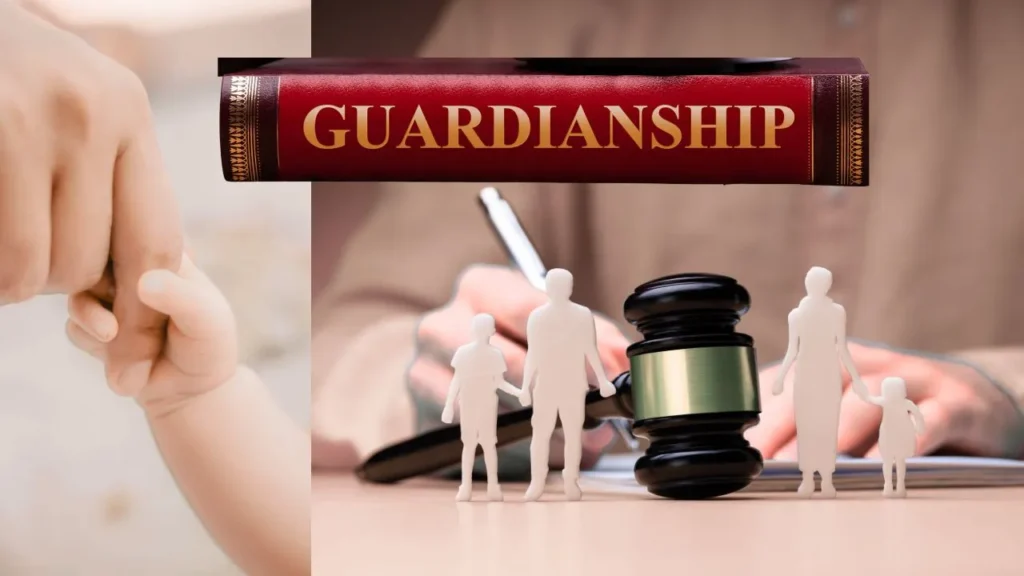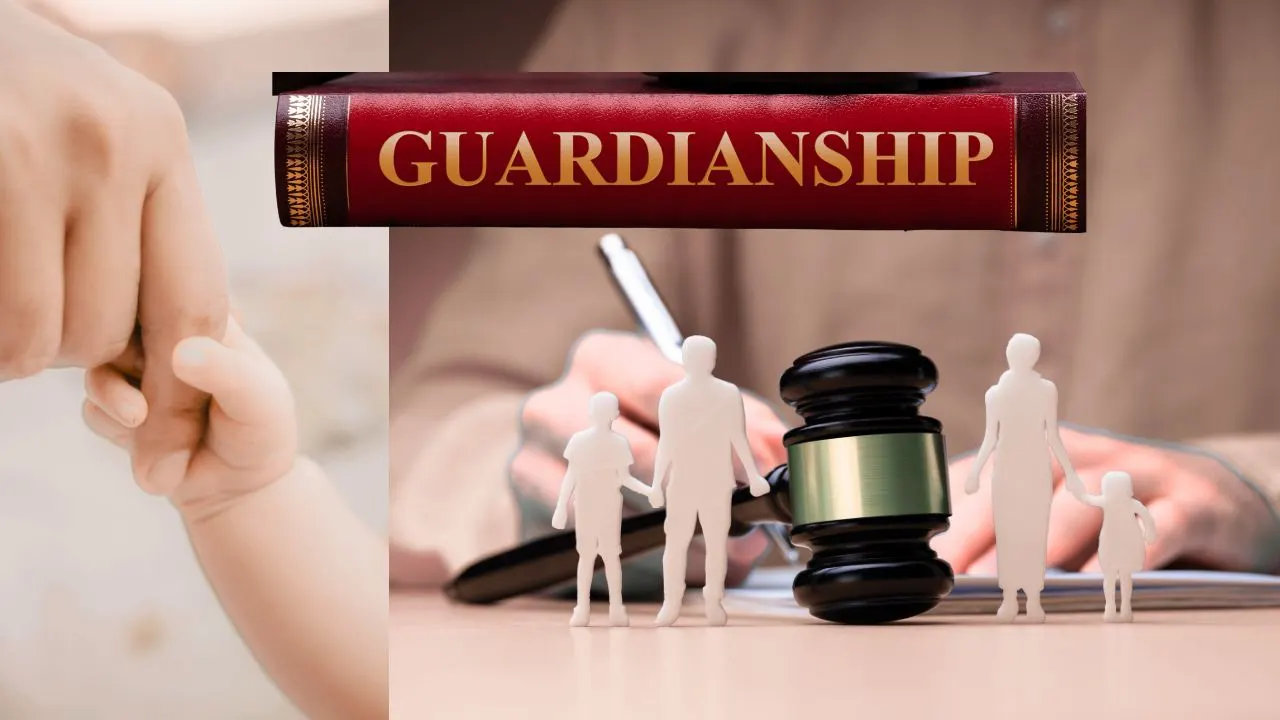Legal Differences Between Guardianship vs Power of Attorney.Planning for the future often means facing difficult questions. What will happen if you or a loved one can no longer make decisions because of illness, disability, or age? Who will handle financial matters, healthcare decisions, or day-to-day needs? Two common legal tools come into play here: guardianship and power of attorney (POA).
While both the tools serve the purpose of allowing someone else to step in and make decisions on behalf of another person, the way they work is very different. Families can choose the best choice and avoid confusion, costs, or even fights by understanding these differences.
Legal Differences Between Guardianship vs Power of Attorney-Overview
| Guardianship | Power of Attorney (POA) |
| Created by a court after a legal process | Created voluntarily by an individual while they have capacity |
| Court appoints the guardian | Individual chooses their own trusted agent |
| Usually broad authority over personal, financial, and healthcare matters | Can be limited or broad, depending on the document |
| Involves ongoing court oversight and reporting | No court oversight once established |
| Often costly, lengthy, and restrictive | Simple, flexible, and less expensive |
| Used when someone is already incapacitated | Used as a proactive planning tool before incapacity |
| Can remove significant personal rights from the individual | Allows the individual to retain control while planning ahead |
What Is Guardianship?
Guardianship is a court-created legal relationship which is used when someone, often called the “ward,” is no longer able to make decisions for themselves. This might be due to advanced dementia, a serious disability, a brain injury, or another condition that leaves them unable to understand or manage their affairs.
A family member, friend, or sometimes even a professional service petitions the court to be appointed as the guardian. A judge then reviews evidence, hears from doctors, and decides whether the person truly lacks the capacity to manage on their own. As long as the court agrees, the guardian can make choices for the ward.

Guardianship can cover a wide range of life decisions which includes the given points:
- Healthcare choices, including treatment plans and medical care
- Living arrangements, such as whether the person stays at home, moves to assisted living, or requires nursing care
- Financial management, if the court grants financial authority
- Day-to-day personal needs
What Is a Power of Attorney (POA)?
A Power of Attorney is a legal document but not a court order. It is created voluntarily by a person, called the “principal,” who chooses someone they trust, known as the “agent” or “attorney-in-fact,” to act on their behalf. Powers of attorney come in different forms but the two common forms are as given below:
- Durable Power of Attorney: This type stays in effect even if the principal becomes incapacitated. For example, if someone develops Alzheimer’s disease after signing a durable POA, their chosen agent can step in without the need for court involvement.
- Financial Power of Attorney: This grants authority to handle financial matters like paying bills, managing bank accounts, filing taxes, or selling property.
Guardianship vs Power of Attorney: The Key Differences
Although both arrangements are designed to protect people who need help, their legal foundations and practical effects are very different.
- How They Are Created
- Guardianship is imposed by a court after a legal process that involves hearings, medical evidence, and judicial oversight.
- Power of Attorney is voluntarily created by an individual while they still have mental capacity, without the need for a court.
- Who Chooses the Decision-Maker
- In guardianship, the court appoints the guardian, though family members may request the role.
- With a POA, the person themselves chooses their agent in advance.
- Scope of Authority
- Guardianship often grants broad powers over multiple areas of life, sometimes even stripping the ward of their right to make their own decisions.
- A POA can be limited and customized for example, only giving authority to handle banking, but not healthcare.
- Court Oversight
- Guardians are supervised by the court and may need approval for major decisions.
- Agents under a POA operate without direct court involvement, though they still have a legal duty to act in the principal’s best interest.
- Timing
- Guardianship comes into play when someone already lacks capacity.
- A POA is created before incapacity occurs, making it a proactive measure.
When Is Guardianship Necessary?
Courts generally prefer less restrictive options, like a POA, because guardianship takes away significant rights from the individual. However, it becomes necessary when:
- The person never created a POA and is now unable to do so because they lack mental capacity.
- The person is unable to understand or make even basic decisions about their health, safety, or finances.
Why People Frequently Choose a Power of Attorney
For those who are still capable of making decisions, setting up a POA can prevent a lot of future stress and conflict. It allows them to:
- Choose their representative instead of leaving it up to the court.
- Specify what powers are granted and keep control while they still have capacity.
- Avoid the expense and delay of guardianship proceedings if incapacity arises later.
Responsibilities Under Each Role
Both guardians and agents under a POA carry serious responsibilities.
- An agent under POA must act in the principal’s best interest, keep records, avoid conflicts of interest, and follow the instructions laid out in the document. Their authority ends if the principal revokes it or passes away.
- A guardian must follow court rules, seek approval for certain actions, and report regularly. They owe a duty of care to the ward and must always act for their benefit, not their own.
Legal Guidance Matters
Although forms for POA are sometimes available online, it is strongly recommended to have a lawyer draft or review the document. Each state has its own rules, and a poorly written POA may not cover all necessary situations, especially when it comes to healthcare or long-term planning like Medicaid eligibility.
| Home Page | https://sbbarristers.com/ |
FAQs for Legal Differences Between Guardianship vs Power of Attorney
Ques.1. When is guardianship necessary?
Guardianship is usually required when a person is already incapacitated and did not create a Power of Attorney beforehand.
Ques.2. Can a Power of Attorney be changed?
Yes, as long as the person still has mental capacity, they can revoke or update their Power of Attorney at any time.
